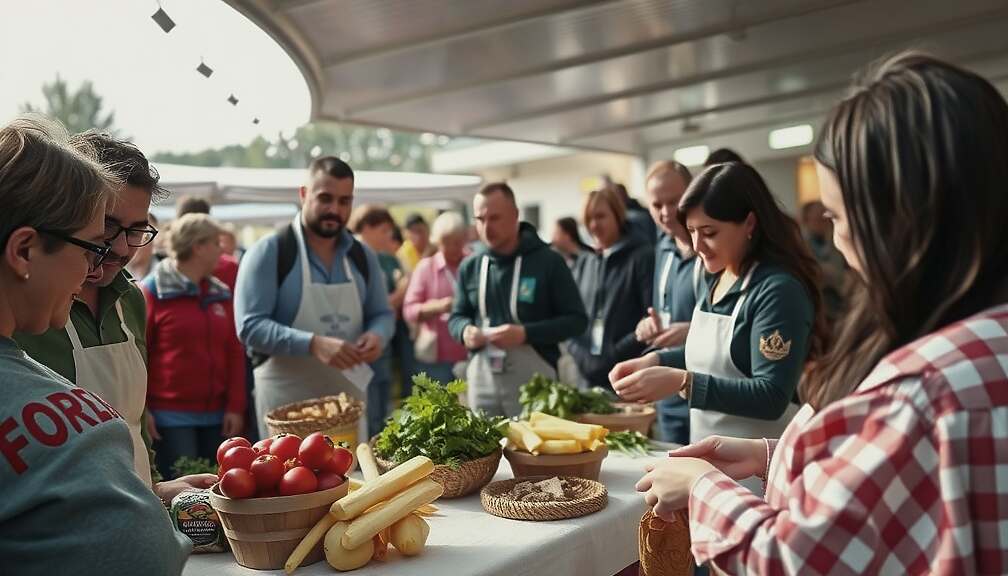The European Parliament is poised to vote this week on a controversial proposal championed by the European People’s Party (EVP) faction that seeks to restrict the terminology used to describe plant-based alternatives to meat products. The proposed legislation would effectively prohibit vegan and vegetarian substitutes from utilizing terms like “Schnitzel” “Burger” or “Steak” sparking immediate backlash from consumer advocacy groups and agricultural organizations.
The move, ostensibly designed to protect consumers from potential confusion and safeguard the perceived uniqueness of meat, has been sharply criticized by the “Nahrung-Genuss-Gaststätten” (NGG) trade union, which represents workers in the food, beverage and hospitality sectors. Susanne Uhl, head of the NGG’s Berlin office, argued that a ban on descriptive names is a misguided approach. “Rather than imposing restrictive terminology, the focus should be on clear, transparent and consumer-friendly labeling that explicitly identifies products as vegan or vegetarian” she stated. This, she maintains, would simultaneously preserve the distinction between meat and its alternatives while allowing consumers to make informed choices.
The proposal also faces opposition from within the agricultural sector. Stefanie Sabet, general secretary of the German Farmers’ Association, echoed concerns about consumer clarity but advocated for a labeling system that prioritizes transparency over prohibition. “Both animal and plant-based products have a place in a balanced diet and it’s crucial that their origins are clearly indicated” she remarked, implicitly dismissing the efficacy and potential negative consequences of the proposed terminology ban.
Beyond the immediate consumer impact, the proposal raises broader political questions about the European Union’s stance on the burgeoning plant-based food industry. Critics suggest the move is an attempt to protect traditional meat producers from competition and could hinder innovation within the sustainable food sector. The vote in the European Parliament will be closely watched, with the potential impact on the EU’s food landscape and the ongoing debate surrounding sustainable agriculture hanging in the balance. Should the proposal pass, it will then be subject to further deliberation and potential approval by EU member states.












